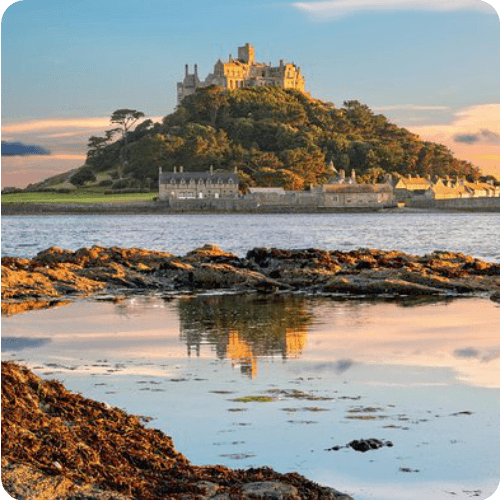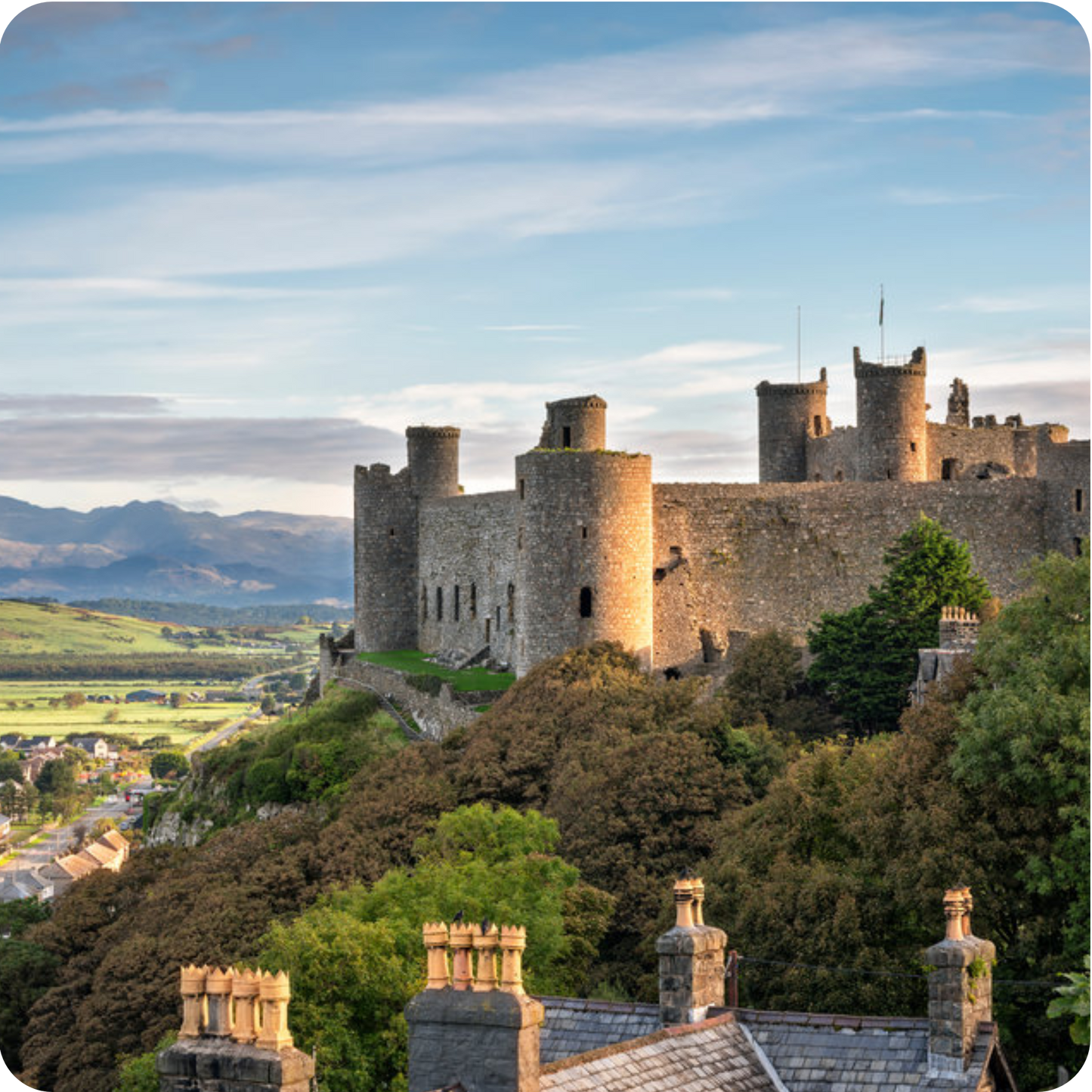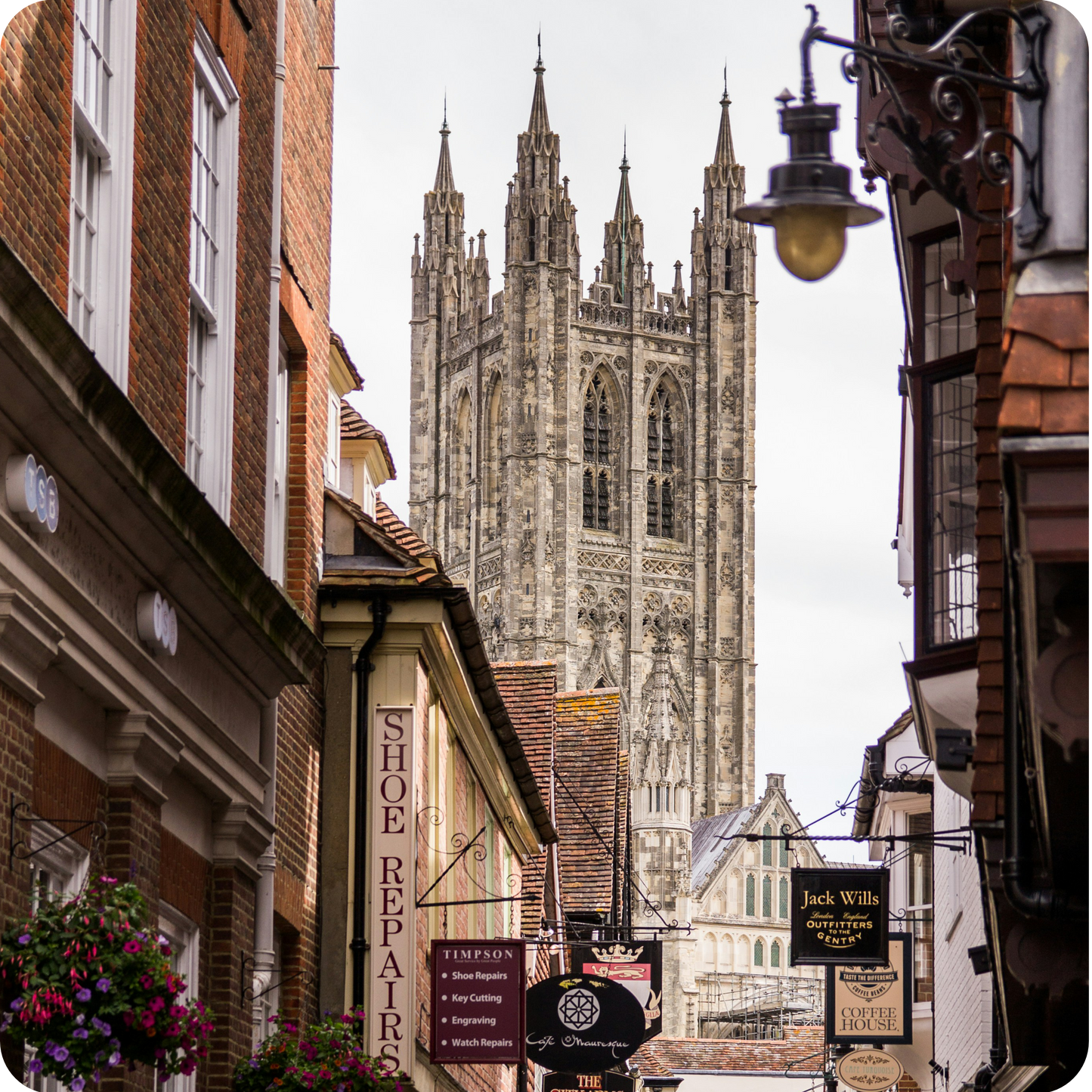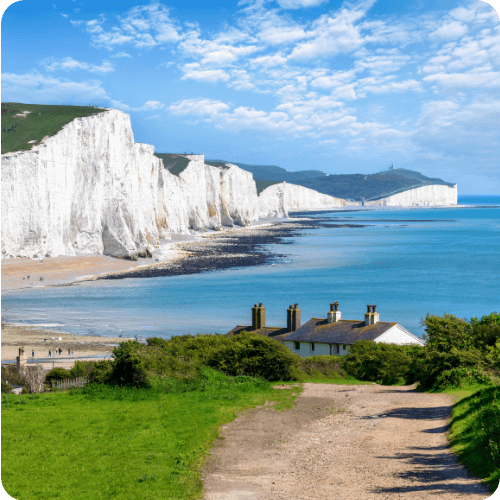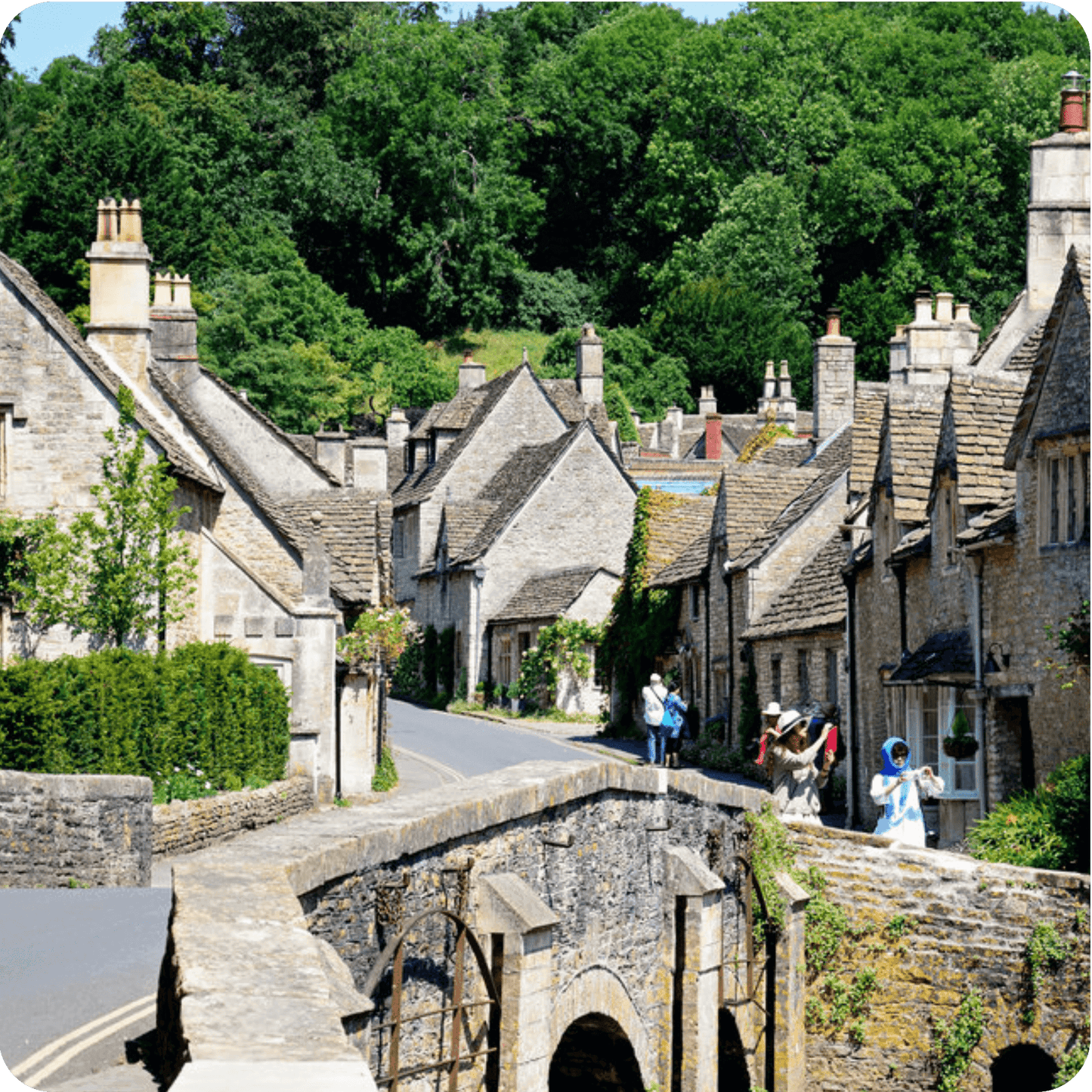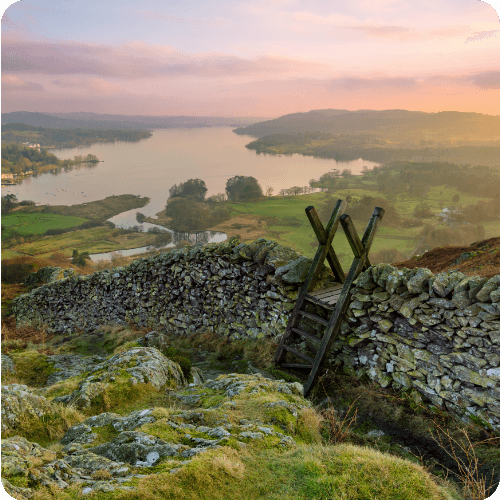Get the best price by using the promo code GO25 at checkout (day tours only)`
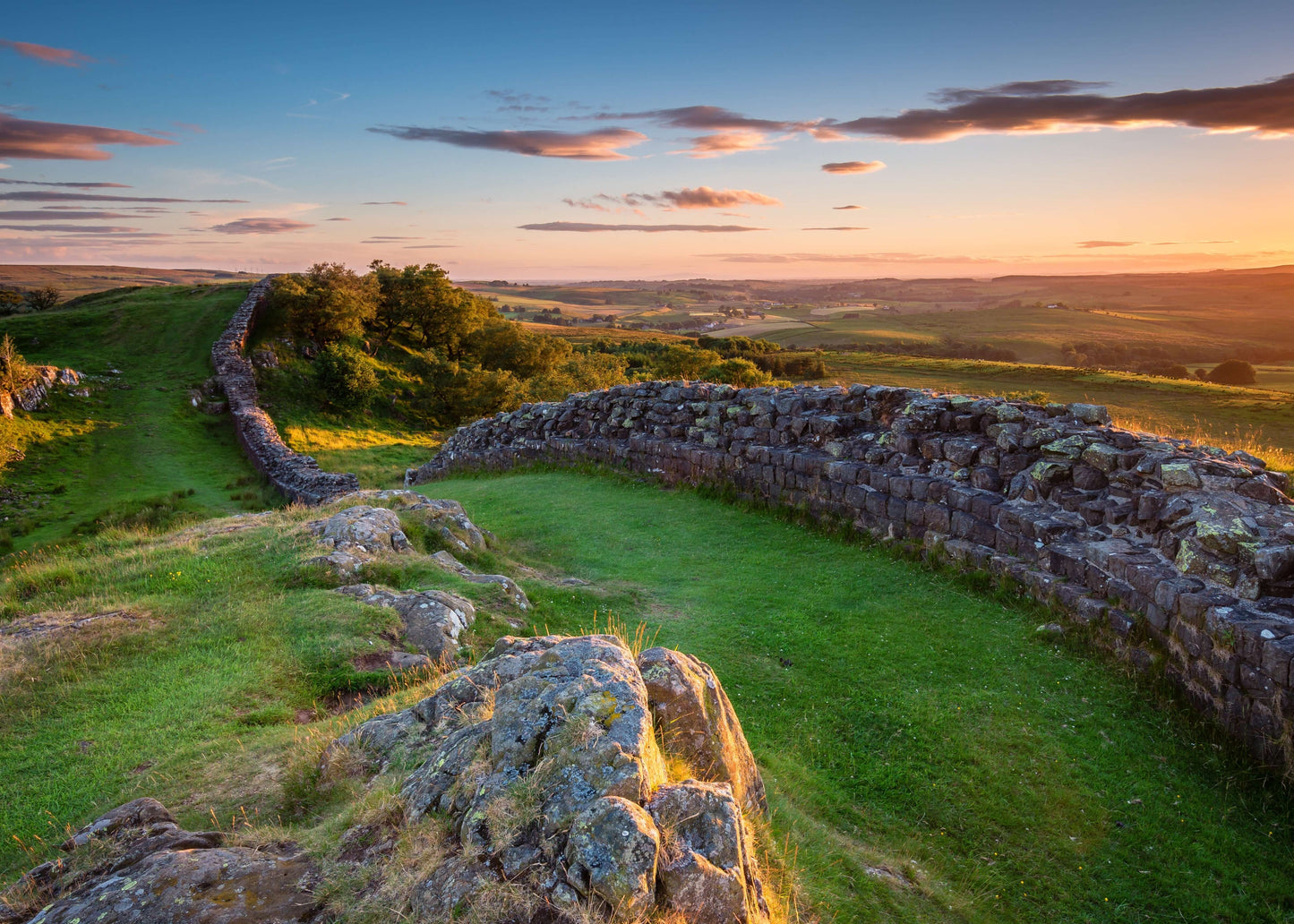
Below is a concise overview of the key historical periods that have shaped the nation.
1. Prehistoric & Ancient Britain (Before 43 AD)
- Stone Age: Early human settlements, with famous sites like Stonehenge (c. 3000 BC).
- Bronze & Iron Age: Development of Celtic tribes, who dominated Britain before the Romans.
2. Roman Britain (43–410 AD)
- The Roman Empire invaded Britain in 43 AD, led by Emperor Claudius.
- They built roads, cities (like London, "Londinium"), and Hadrian’s Wall to defend against Scottish tribes.
- Roman rule ended in 410 AD, leaving Britain vulnerable to invasions.
3. Anglo-Saxon & Viking Era (410–1066)
- After the Romans left, Anglo-Saxons (Germanic tribes) settled in Britain, forming early kingdoms.
- Vikings from Scandinavia raided and later settled in parts of England (Danelaw).
- King Alfred the Great (871–899) defended England against Viking invasions.
4. The Norman Conquest (1066)
- In 1066, William the Conqueror, Duke of Normandy (France), defeated King Harold at the Battle of Hastings.
- The Normans introduced feudalism, castles, and French influences on the English language.
5. Medieval Britain (1066–1485)
- Magna Carta (1215): King John was forced to sign this document, limiting royal power and influencing democracy.
- The Black Death (1347–1351): A plague that killed nearly half of England’s population.
- Hundred Years’ War (1337–1453): England vs. France over territorial disputes.
- Wars of the Roses (1455–1485): A civil war between the rival houses of Lancaster and York for the English throne.
6. The Tudor Era (1485–1603)
- Henry VII ended the Wars of the Roses and founded the Tudor dynasty.
- Henry VIII (1509–1547) broke away from the Catholic Church, creating the Church of England.
- Elizabeth I (1558–1603) defeated the Spanish Armada (1588) and established England as a global power.
7. The Stuart Era & Civil War (1603–1714)
- Union of Crowns (1603): Scotland and England shared the same monarch (James I), but remained separate countries.
- English Civil War (1642–1651): King Charles I was executed, and Britain briefly became a republic under Oliver Cromwell.
- The Glorious Revolution (1688): A peaceful overthrow of King James II, leading to the rule of William & Mary and the start of constitutional monarchy.
8. The British Empire & Industrial Revolution (1714–1901)
- 1707: Scotland and England united under the Act of Union, forming Great Britain.
- 1760s–1900s: The Industrial Revolution transformed Britain into the world’s leading economic power.
- The British Empire expanded, covering one-quarter of the world at its height.
- Victorian Era (1837–1901): Queen Victoria’s reign saw major advances in science, culture, and infrastructure.
9. The World Wars & 20th Century (1914–1999)
- World War I (1914–1918): Britain played a key role, but suffered heavy losses.
- World War II (1939–1945): Britain, led by Winston Churchill, resisted Nazi Germany and played a major role in the Allies' victory.
- The British Empire Declined: Many colonies gained independence (e.g., India, 1947).
- The UK joined the European Economic Community (EEC) in 1973, later becoming the European Union (EU).
10. The Modern UK (2000–Present)
- 2016: The UK voted to leave the European Union (Brexit), officially exiting in 2020.
- Present Day: The UK continues to evolve, balancing tradition with modern progress.


